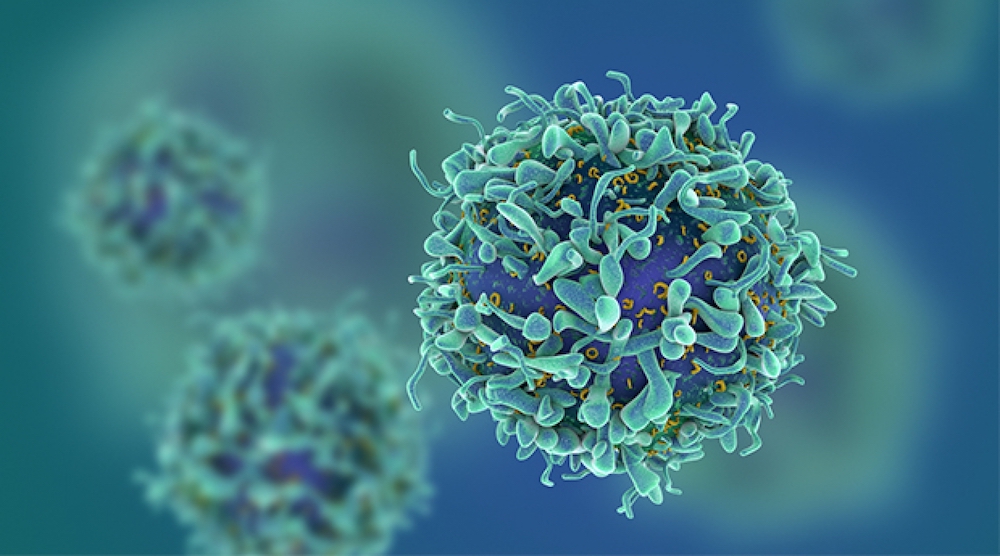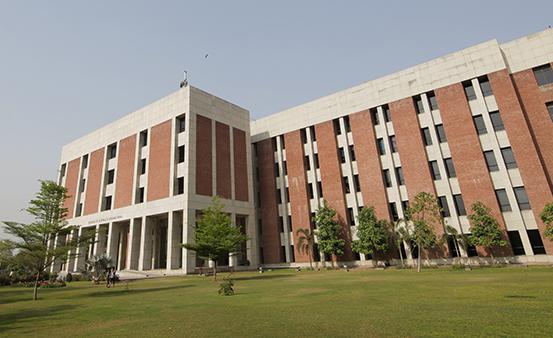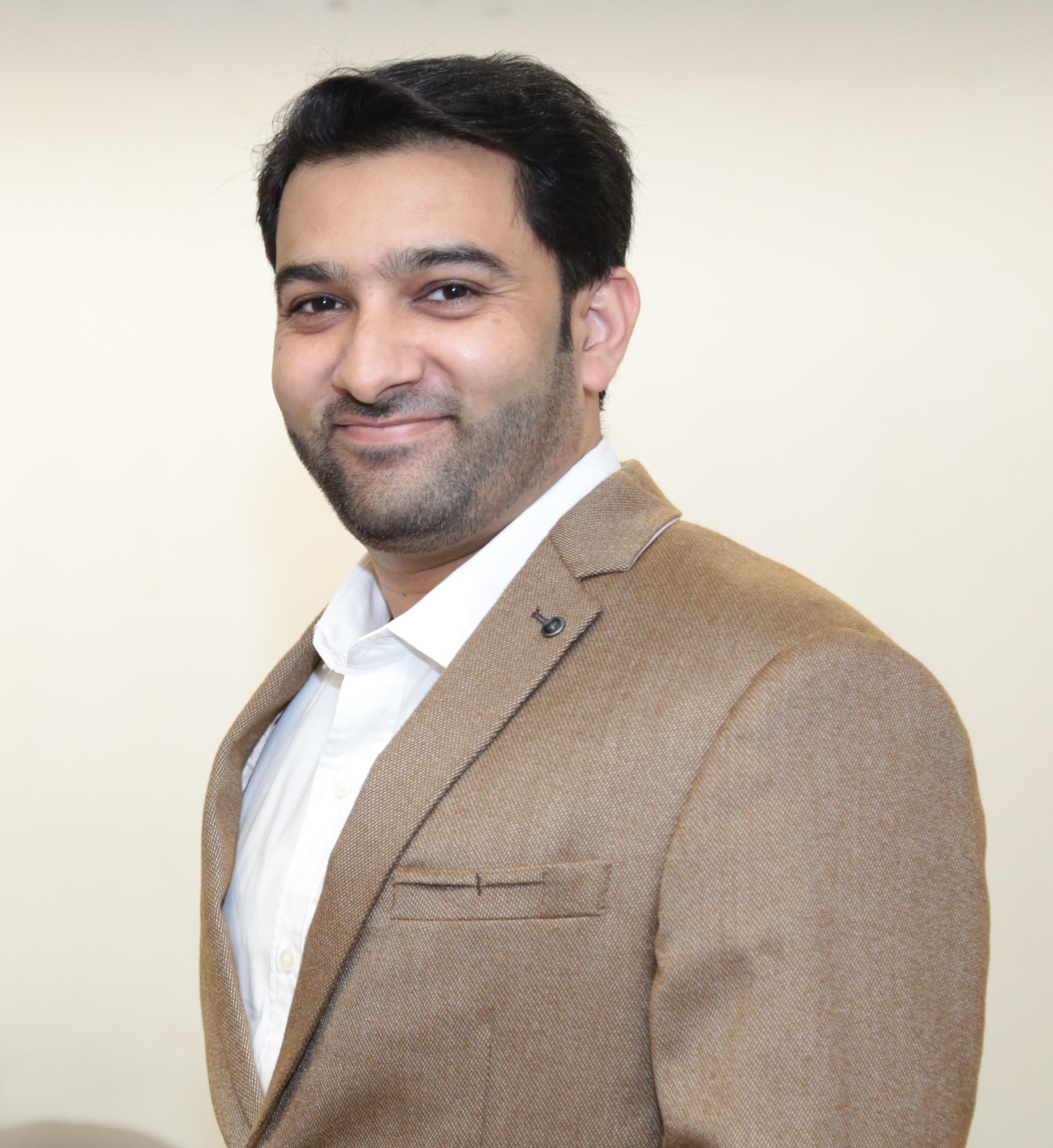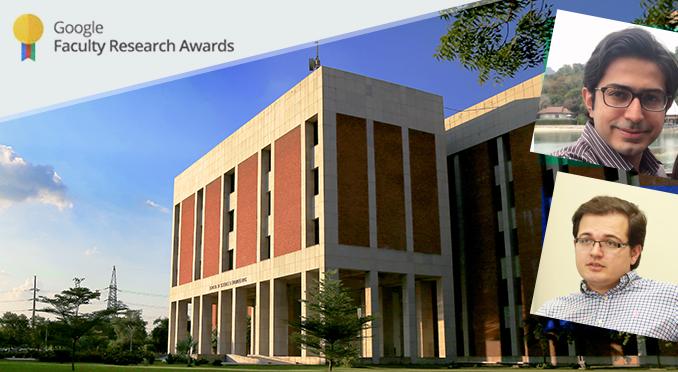
Cancer is the second leading cause of deaths worldwide with millions of people diagnosed with it annually and over half of them eventually dying due to the disease. The vast majority of cancers are caused by lifestyle choices and environmental factors. The incidence of different types of cancers, therefore, varies greatly from one population to another. Oral cancer, for instance, is highly prevalent in South Asia, mainly due to excessive smoking and chewing of tobacco, beetle quid, and gutka as well as poor oral hygiene. In Pakistan, oral cancer is the second most common type of cancer and accounts for nearly 10% of all newly diagnosed cancer cases.
The etiological differences of these cancers from Pakistan mean they may have distinct genetic profiles that contribute to tumour development. The distinct mutational landscapes of various cancers dictate their sensitivity to specific chemotherapeutic and targeted drugs. Dr. Amir Faisal’s research aims to identify and characterise novel therapeutic strategies for targeting oral cancers of Pakistani and South Asian origin.
Cancers of the lip and oral cavity account for nearly 300,000 new cancer cases a year (2.1% of all cancer cases) worldwide resulting in the death of half the people diagnosed with it. Although these cancers are highly prevalent among men in South-Central Asia and Central and Eastern Europe, the mortality is disproportionately high in developing countries, presumably due to late diagnosis and limited access to quality treatment. In Pakistan, there is a prevalance of more than 12,000 new cases of oral cancer every year (8.6% of all cancer) that are responsible for 7.2% of deaths (7266) caused by cancers annually.
Dr. Faisal’s interest in this specific research stems from the fact that there have been very few studies in Pakistan for molecular characterisation of oral cancer and no studies to evaluate targeted drugs for the treatment of these cancers either pre-clinically or in the clinic. It is, therefore, important to characterise oral cancers from the local population and determine their preclinical sensitivity to small molecule inhibitors that target tumour dependencies on key signalling proteins required for survival and proliferation of tumour cells. Here, treatment mainly revolves around chemotherapy, though being an effective form of treatment, brings with it severe side effects. Since chemotherapy tends to kill all dividing cells in the body, it results in hair loss, skin damage, loss of bone marrow and much more.
Presently, LUMS has one of the largest collection of cell lines in Pakistan and Dr. Faisal’s venture, which is evaluating tumours and identifying mutations, will be a great stepping-stone in the treatment of oral cancer by growing tumour cells in a 3-D culture; mimicking the growth of a tumour to test medicines. This is done with the hope that, medicines can then be used effectively, knowing that a pre-clinical evaluation has determined their effectiveness against cancer cells.
Dr. Faisal’s research aims to initiate personalised therapy for the treatment of oral cancer. His research is targeted to identify the specific mutations in genes that cause oral cancer and then effectively use drugs against the proteins encoded by them. In this way, not only will the cancer-causing cells be eradicated, but also the normal cells will be saved from being exposed to harmful effects of chemotherapeutic drugs. The research takes cell lines (cells that are taken from individuals and cultivated in a controlled environment) of South Asian descent and tests them with 12 targeted drugs to identify which drugs are effective in counteracting cancer. They are also presently screening a library of more than 1,100 drugs on the cancer cell lines to find effective medicines, which can kill these cancers cells potently and effectively. The main purpose is to identify compounds that can potently kill cancer cells from the set of 12 drugs they are using.
In order to finance this research, Dr. Faisal has been successful in acquiring a grant of PKR 4.6 million from the Higher Education Commission (HEC).
This momentous undertaking is no doubt very time intensive. According to Dr. Faisal, the research will take three years and this is just the first year. The research started in June 2017 and is on course for achieving its objectives for the first year. If the findings from this study are validated in clinic in the next few years or a decade, this could have a drastic impact on the treatment of this disease in Pakistan and therefore, reduce the overall mortality associated with it.








